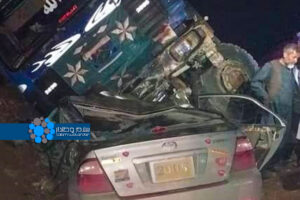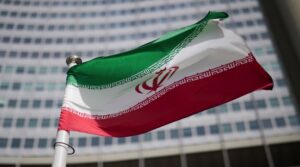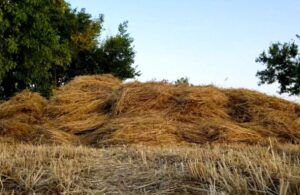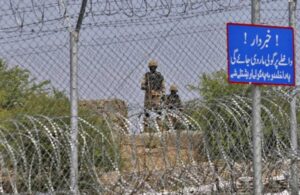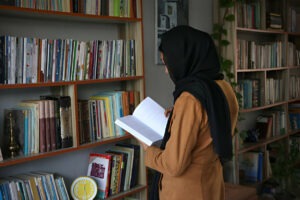KUNDUZ CITY (SW) – Going through a bitter journey of irregular migration to Iran, young Kunduz resident Abdullah Salehzai has now managed to resume a normal life upon return to Afghanistan while seeking higher education.
Kunduz is one of the most insecure provinces in the northeast of the country. The province has briefly fallen to the Taliban twice in recent years, and heavy fighting and unemployment have displaced hundreds of young people here.
Many young Afghans who have left the country in an irregular way in recent years due to insecurity, lack of employment opportunities and better education, have painful stories to tell. Salehzai is one of many young Afghans.
He is 24 years old and lives in Kunduz province. After graduating from school and passing the entrance exam, Abdullah entered the Kabul Institute of Technology and Computer, where he obtained a semi-advanced degree in the field.
The raging war, insecurity, and economic problems in Afghanistan against good prospects of better education and the provision of suitable working conditions abroad, lured Abdullah to enter Iran irregularly and from there to Turkey.
This young man from Kunduz went to Iran for the first time a year and a half ago. After four months of illegal residence in the country, he wanted to go to Turkey, but not only did he not achieve his goal, but he was returned to the country.
Since return, Salehzai never give-up and now is in a better situation. He is currently continuing his education as well as teaches at a private school.
Sharing the troubling ordeal, he said the human smugglers not only took away valuables from the migrants, but also abused and harassed them a lot. “The situation in Kunduz was bad, on the one hand war and insecurity and on the other hand unemployment forced me to first go to Kabul. I thought since Kabul was the capital, maybe a job could be found there; but there were no jobs so I decided to go abroad and work there and continue my education.”
Abdullah said human smugglers treated him and his companions like animals and did even not spare children. Abdullah said that after enduring many difficulties in the path of irregular migration, he was deported by the Turkish police back to Iran and eventually returned from there empty-handed a year ago.
He urges all young Afghans who intend to travel to neighboring countries and Europe irregularly to stop doing so.
Commenting on this, Matti Begshi, an expert at the Norwegian Refugee Council or NRC, said they are assisting migrants crossing the border from Iran and Turkey in the Islam-Qala border area of Herat as well as in Nimroz.
Bagshi said their reports show that the number of returnees in Kunduz has increased significantly this year.
Meanwhile, Ghulam Sakhi Rasooli, head of Kunduz province’s immigrants and returnees department, said that some 10,000 people had returned to the province in the past year from abroad, including 745 with their families and 9,262 individuals.
According to him, out of all these former migrants who have returned to the country, 500 families have received food, non-food and cash assistance in coordination with the International Organization for Migration (IOM) and some other institutions.
The head of Kunduz refugees and returnees department blamed the lack of aid material, spread of the corona virus and the continuation of war for not reaching all returnees.
ENDS

